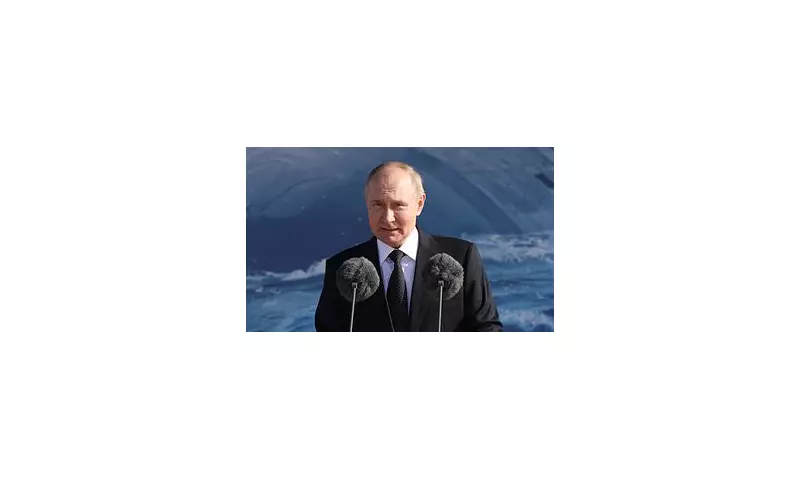
Vladimir Putin has issued a chilling nuclear warning to the West, intensifying fears of a potential escalation in the ongoing conflict between Russia and Ukraine. The Russian president's latest rhetoric has been described as his most aggressive yet, with analysts suggesting it marks a dangerous new phase in geopolitical tensions.
A Dangerous Escalation
Speaking at a high-profile military event, Putin explicitly referenced Russia's nuclear capabilities, stating that his country's arsenal remains "ready for use." This stark declaration comes amid growing concerns about the potential for the Ukraine war to spill over into a broader international conflict.
International Response
Western leaders have condemned Putin's remarks, with NATO officials calling them "reckless" and "irresponsible." Security experts warn that such rhetoric significantly increases the risk of miscalculation, particularly given the current volatile situation in Eastern Europe.
What This Means for Global Security
The nuclear threat raises serious questions about:
- The effectiveness of current diplomatic channels
- NATO's preparedness for potential escalation
- The long-term stability of European security
- Global non-proliferation efforts
Military analysts note that while Russia has frequently used nuclear rhetoric as a strategic tool, the current context makes these statements particularly concerning.
Historical Context
This isn't the first time Putin has invoked nuclear threats, but experts agree the current situation represents a significant escalation. The combination of military setbacks in Ukraine and increasing Western support for Kyiv appears to have prompted this more aggressive stance from the Kremlin.
The Road Ahead
As tensions continue to mount, the international community faces difficult decisions about how to respond to Russia's nuclear posturing. The coming weeks will be crucial in determining whether diplomatic solutions can prevail or if we're entering an even more dangerous phase of this conflict.





